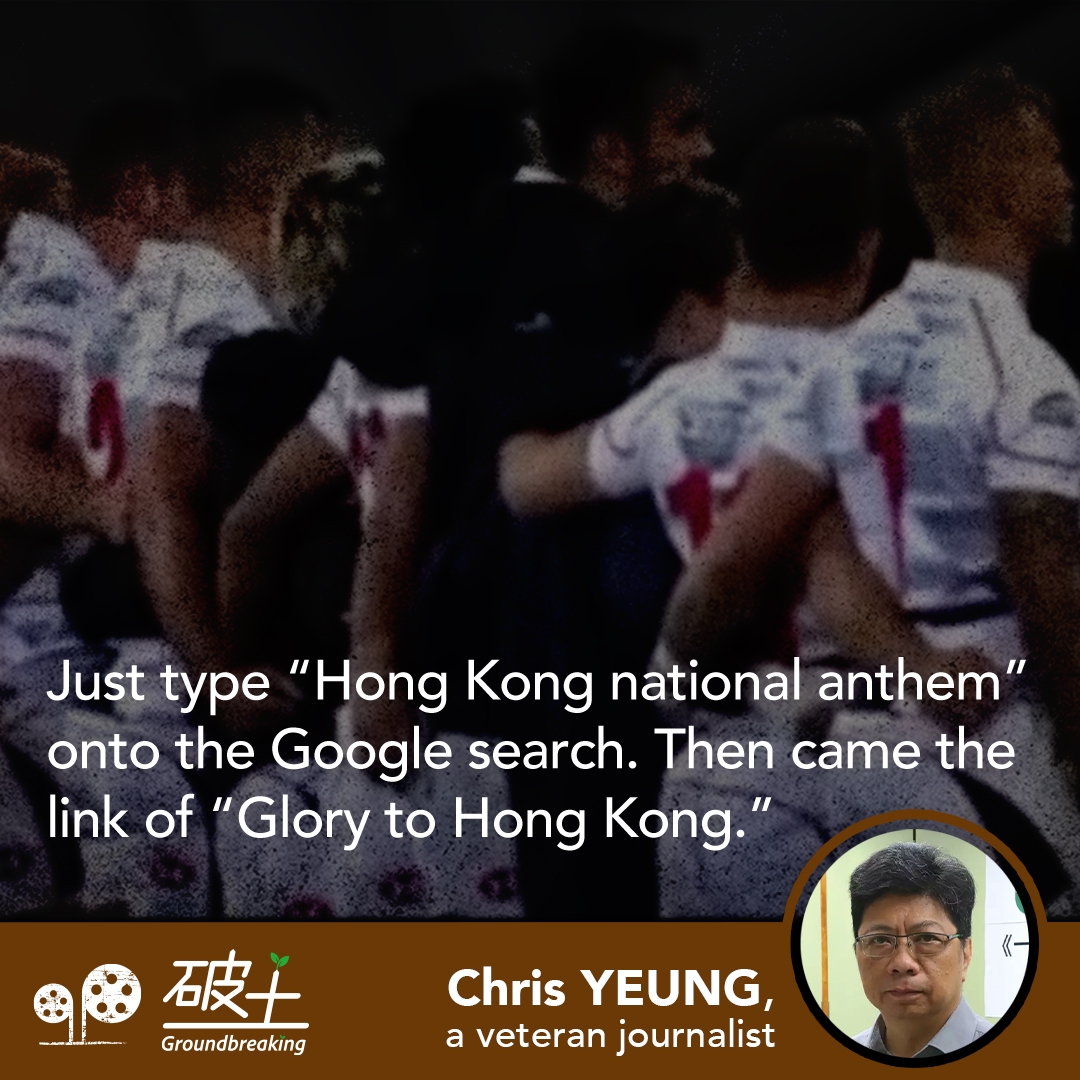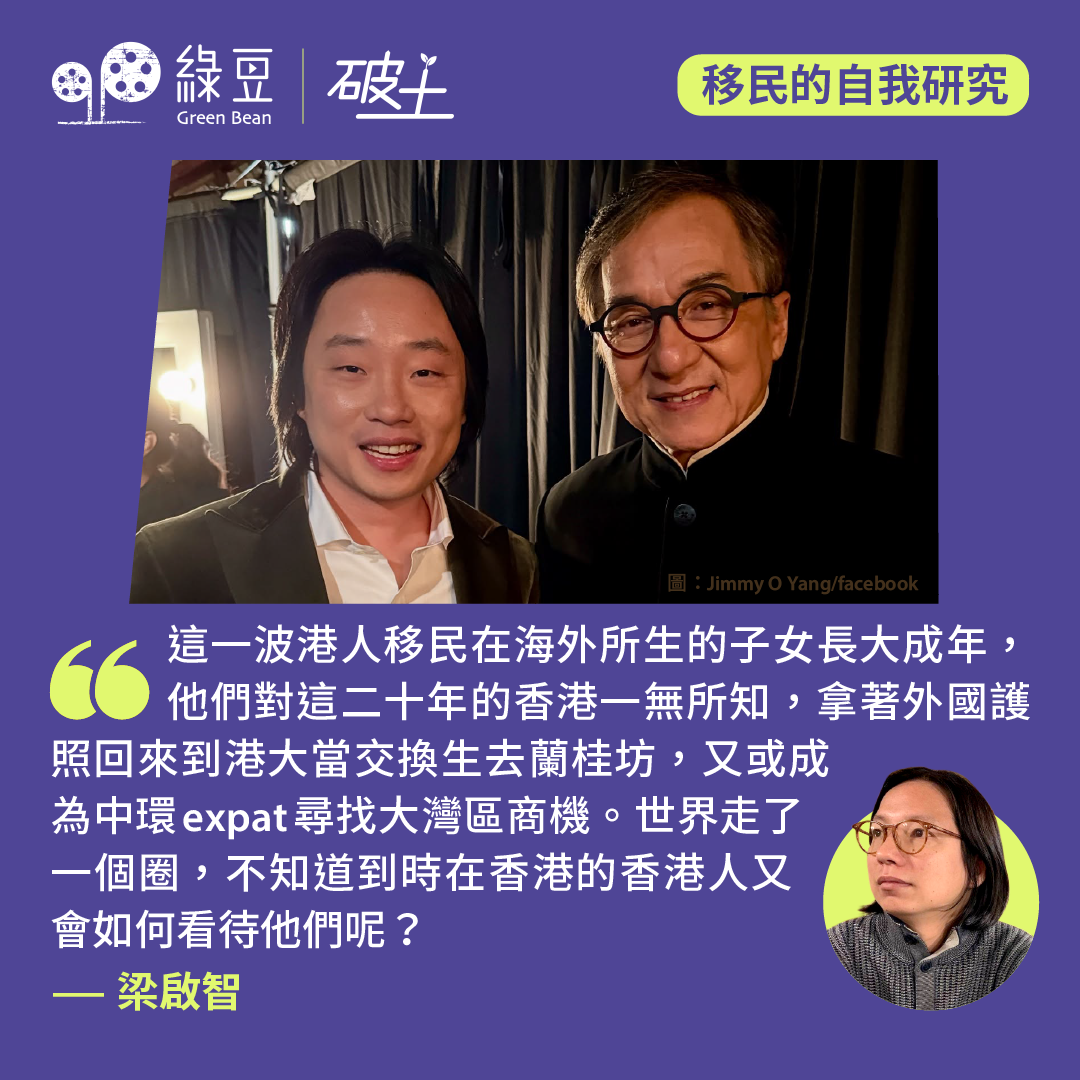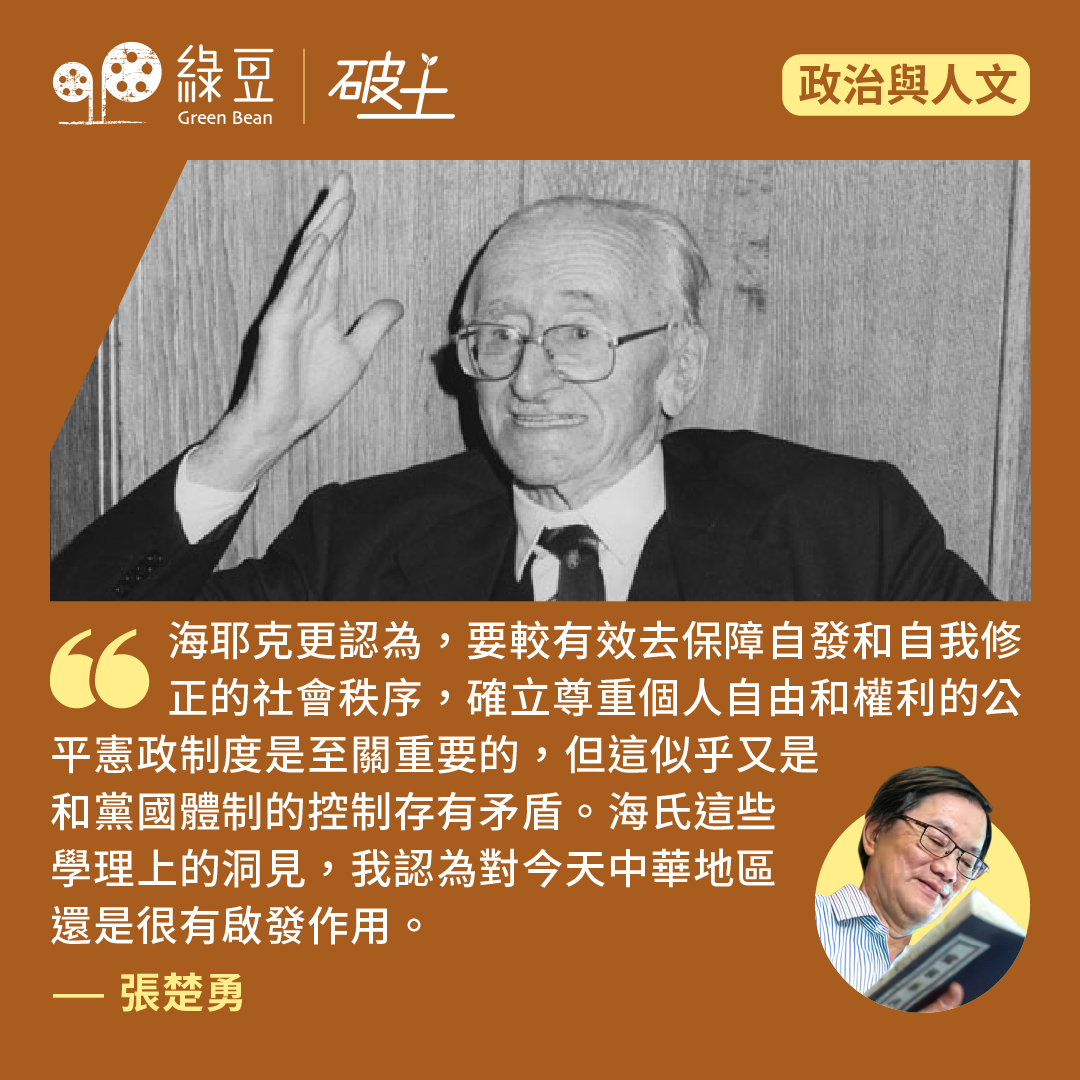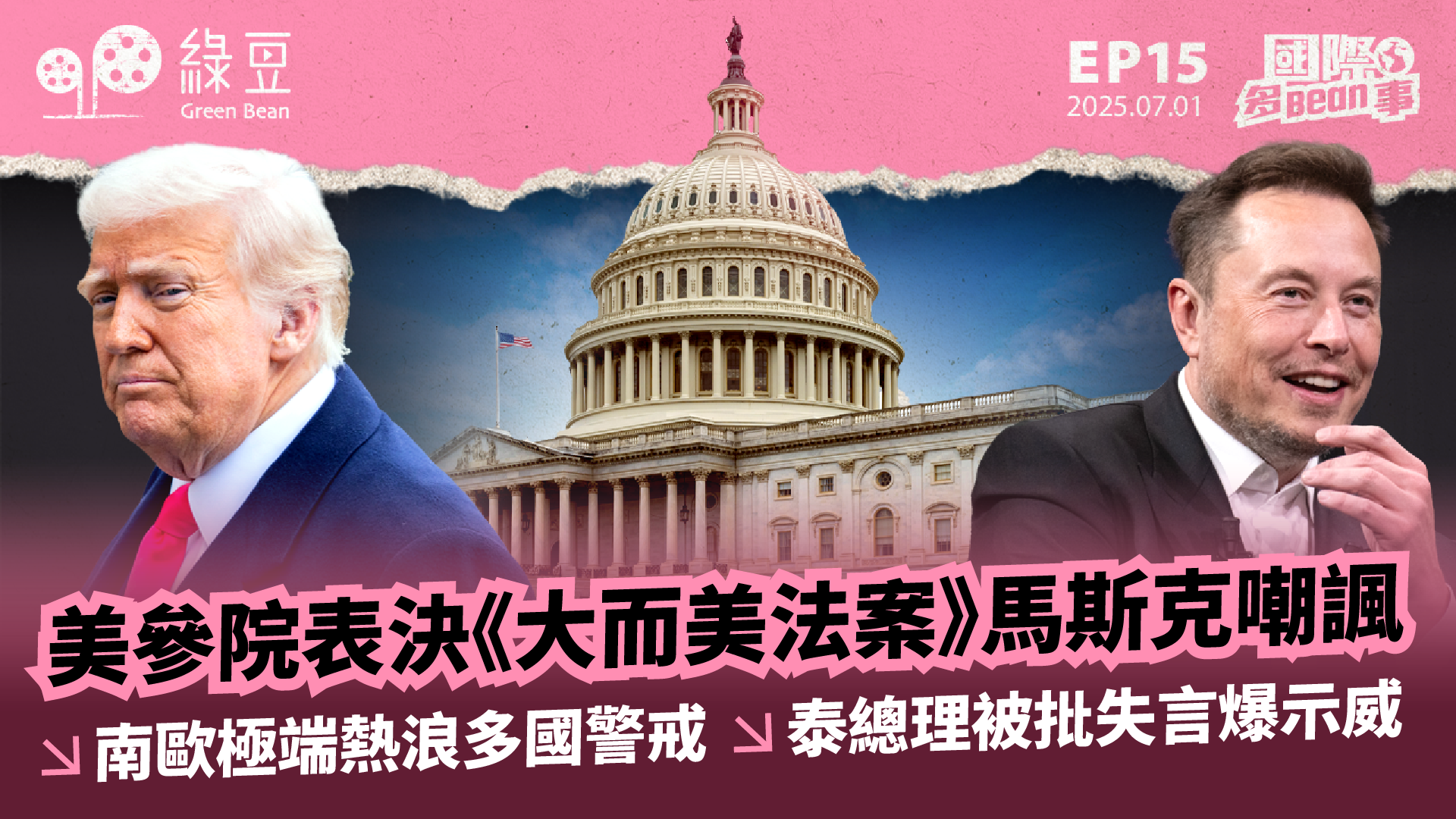HK protest song saga a lesson no interns want

To err is human. An intern making mistakes is just part of his or her learning process. But for the South Korean intern who was said to have played a song relating to the 2019 social movement in Hong Kong, instead of the Chinese national anthem, by mistake in an international rugby tournament in Seoul, it is a lesson he or she would have never wanted nor anticipated.
According to Asia Rugby’s interim CEO, Benjamin van Rooyen, the intern who mistakenly played the wrong song “has no understanding of the politics of the world.”
“I don’t think there were any ulterior motives in any of this. This was a simple human error.”
It could not be more ironic that he or she may now feel more bewildered by politics, trying to search for answers why a mistake, like any humans could make once in a while, has whipped up a political storm.
And worst still, he or she could face the unimaginable plight of being prosecuted for endangering China’s security. How that will be done is anybody’s guess, at least for now.
The intern, whose identity has been wrapped in secrecy, could be pardoned for a feeling of shock and surreal.
Multiple apologies tendered by Asia Rugby and Korea Rugby Union have failed to put off the fire of fury among top government officials, pro-Beijing legislators and sports leaders.
They refused to accept the apology and explanation that it was a human mistake. But while insisting that Police will launch an investigation, many have already drawn their conclusion, claiming it was politically-motivated.
One line of argument is that the staff involved could not possibly get the 2019 protest song, “Glory to Hong Kong”, without any help from Hongkongers, or more probably, activists who fled the city after the unrest.
But local journalists have demonstrated how that could be done easily. Just type “Hong Kong national anthem” onto the Google search. Then came the link of “Glory to Hong Kong.”
As of Wednesday last week, no persons or groups have come out to say they were behind the saga. It is unclear how it will unfold and whether there will be more surprises in the course of Police investigations. It looks unlikely.
If common sense prevails, the possibility of the Hong Kong Government invoking the national security law and/or the law on national anthem to demand the repatriation of the unnamed intern to face a trial in a local court because of a “human error” seems to be low.
But if the Government does give a go-ahead, they could inflict severe damage on their image and fuel fears about the law on national security.
If cool heads prevail, John Lee and his team should start finding an exit.
Chief Executive John Lee and his top aides would only have them to blame for the conundrum of the imperatives of putting an end to the saga while keeping their face and pleasing the hardline patriots.
With details of the wrong play of the protest song still unclear when the saga erupted, their swift jump to political conspiracy theory behind it and elevation of it to the diplomatic level is an act of shooting themselves in the foot.
The fury and frenzy response of the Lee team and the pro-Beijing, pro-establishment camp has been illuminating, shedding some light on the turbulence of the political landscape in the era of “patriots ruling Hong Kong.”
With nationalistic feeling and patriotism prevailing, they have tended to overreact to anything they deem as an affront or challenge to the authority with hostile forces behind it.
Their excessive response is in sharp contrast with the dearth of evidence, albeit on the face of it, that could justify a case of reasonable doubt.
A glaring case is the claim without evidence made by Executive Council member Ronny Tong, who is a senior barrister, that the play of the protest song was politically-motivated immediately after it came to light.
A feeling of humiliation stirred up by the 2019 protest song has swiftly turned into a feeling of irrational exuberance among the ruling team of patriots tasked with the mission of bringing Hong Kong back to normalcy and prosperity, in that order.
Their response is also in sharp contrast with the cool treatment by the Chinese Foreign Ministry. A spokeswoman sought to distance the central government from the row. She refrained from adding further comment to Hong Kong’s response at a weekly press conference.
It is a not-so-subtle reminder to the Lee administration and the patriots’ camp not to go too far in the political rugby game. Like the Korean intern, the price to pay for a political lesson in the saga could also be sky-high.
▌[At Large] About the Author
Chris Yeung is a veteran journalist, a founder and chief writer of the now-disbanded CitizenNews; he now runs a daily news commentary channel on Youtube. He had formerly worked with the South China Morning Post and the Hong Kong Economic Journal.





